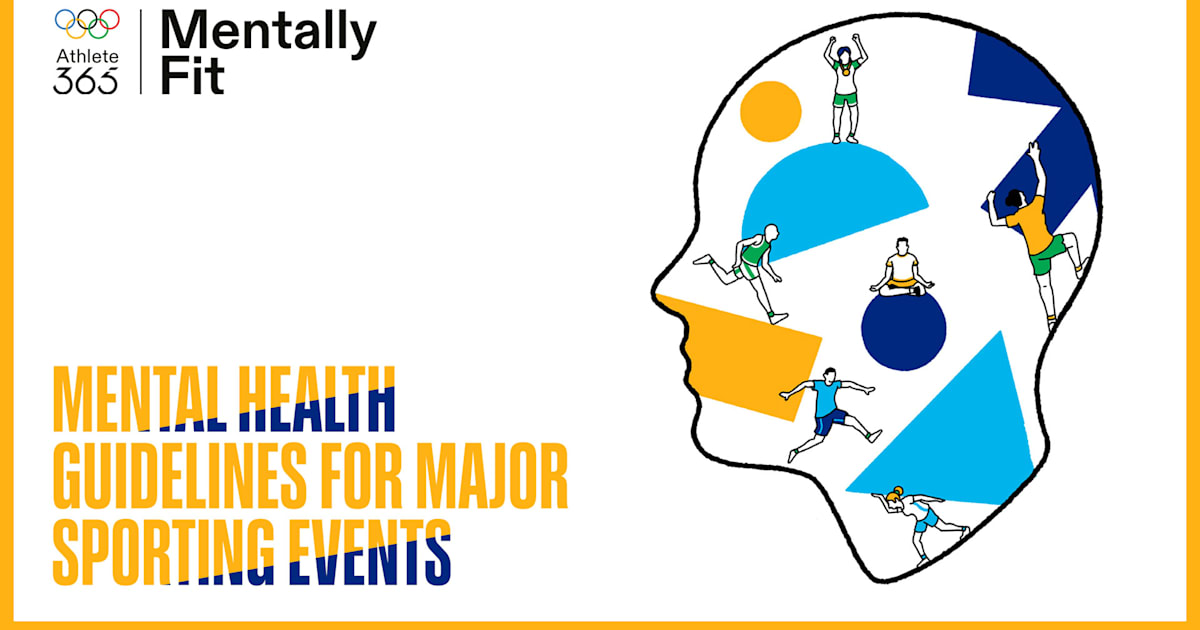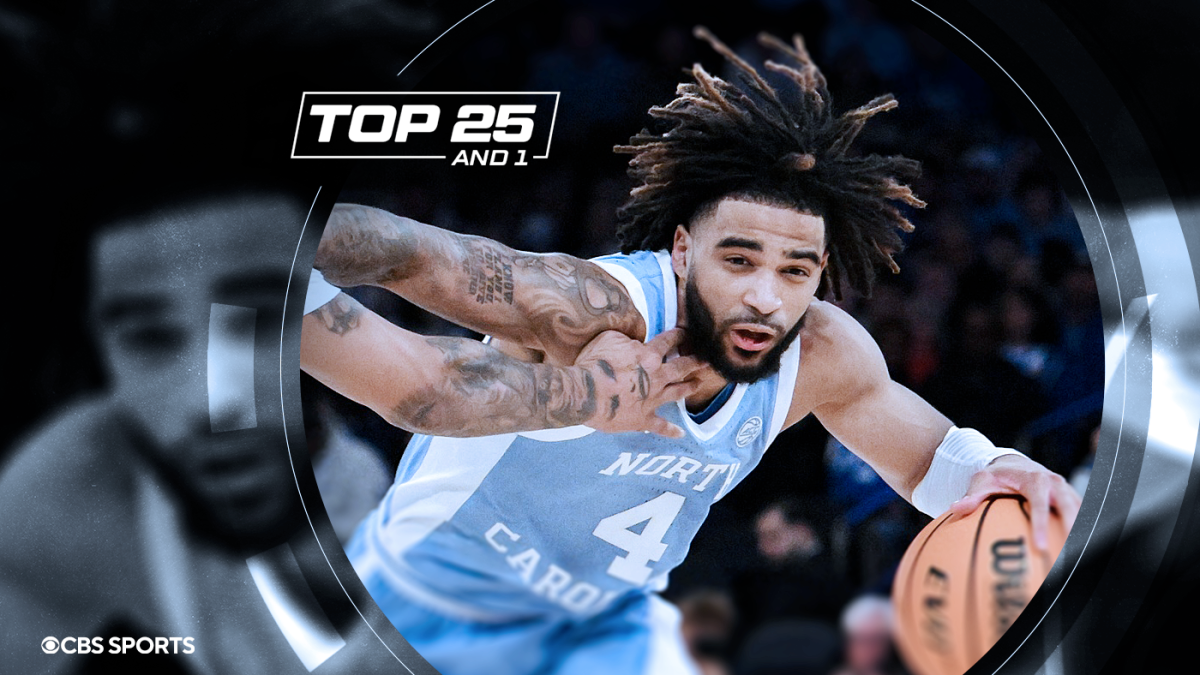Sports
Championing mental health: IOC’s blueprint for major sports events

Put together by the IOC Medical and Scientific Department in collaboration with the IOC Mental Health Working Group and the input of International Sports Federations (IFs), the guidelines are intended to act as a framework for organisers of major sporting events – such as National Olympic Committees (NOCs), Local Organising Committees, National Federations, or IFs themselves – and to reaffirm the importance of athletes’ mental health.
The IOC and IFs recognise that adopting the guidelines will enhance not only the overall safety and success of events but the performances of athletes as well. “Mental health is just as vital to an athlete’s success as physical fitness,” said Kim Jae-youl, President of the International Skating Union. “We understand that elite athletes face immense pressures, and it is our responsibility as an organisation to create environments that prioritise their mental wellbeing. We are pleased to see the IOC placing greater emphasis on this crucial issue, and are committed to doing our best to support the mental wellness of our athletes.”
Collaboration key to success
The guidelines are the result of a shared process between the IOC and IFs. “Working with IFs was crucial to formulating the mental health guidelines; that cooperation will facilitate the successful delivery of the recommendations on the ground at events,” said Kirsty Burrows, Head of the IOC’s Safe Sport Unit. “We’re delighted to be able share our approach more widely, building on the strong collaboration already in place between the IOC and IFs in the areas of athlete health, safety and well-being.”
“Protecting the mental health of all involved in sport is imperative to providing an environment where all athletes can flourish,” said Dr Andrew Massey, FIFA’s Medical Director and a contributor to the guidelines. “I was proud to contribute towards this fantastic resource, building on the magnificent mental health initiatives provided at the Olympics in 2024.”










